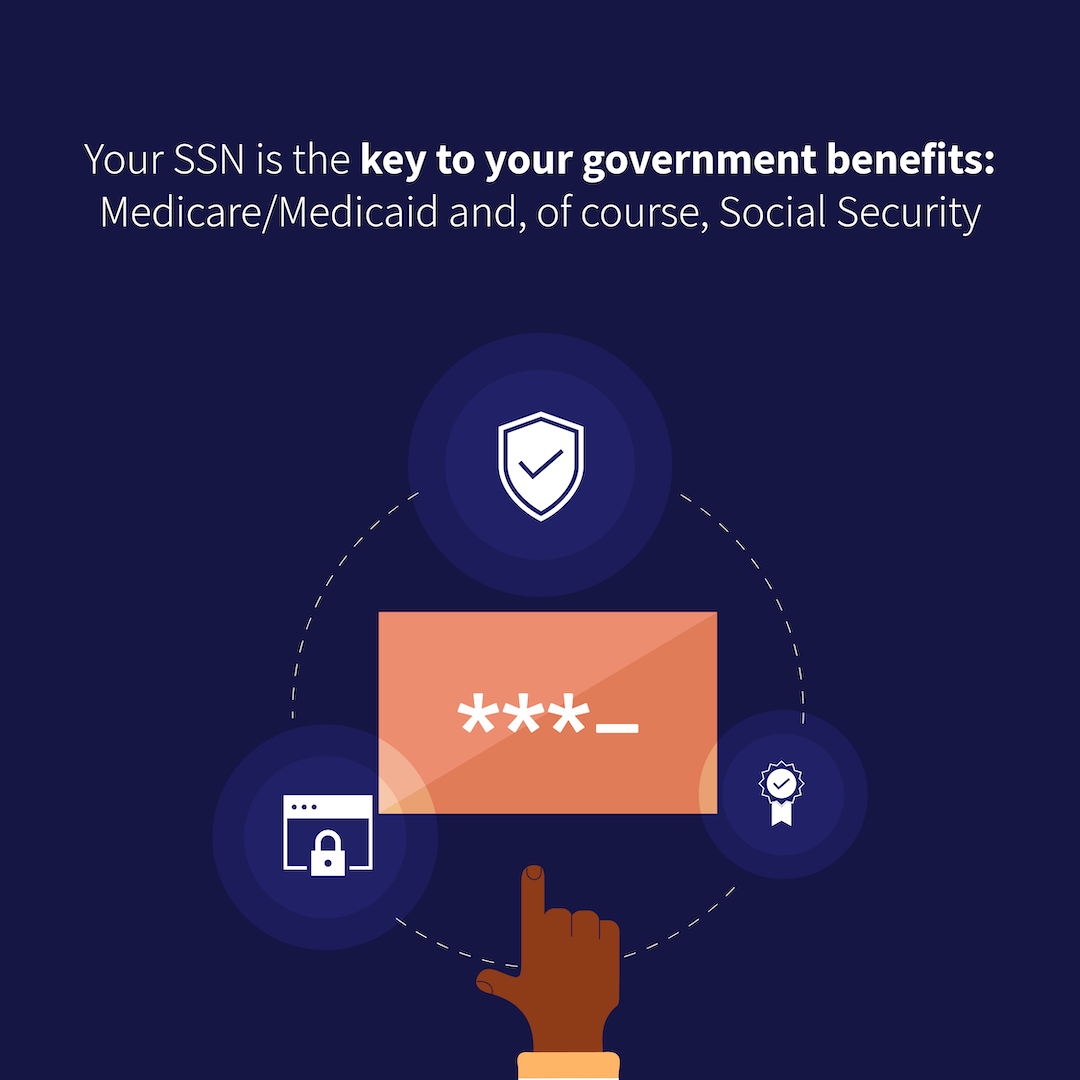The Endless Evolution of Identity Theft
Summary: In most cases, diversity is a good thing: having diverse friends or interests enriches our lives. However, increasingly diverse types of identity theft are enriching criminals instead, and that’s not good. Find out about some of the less common forms of identity theft and privacy risks and learn what you can do to prevent them.

When most people think of identity theft, they think of a crime that leads to some kind of financial fraud: making purchases with a stolen credit card number, taking over a bank account, or taking out loans using someone else’s identity. That’s why we remind you so often to keep an eye on your financial statements and credit reports.
While financial identity fraud is the most common, there are more types of identity theft. Some are potentially far more serious, and some new types have become increasingly common. Here’s an overview of five other common types of identity theft and how to spot them.
Medical Identity Theft
Medical identity theft happens when someone steals your personal health information (PHI) and uses it to fraudulently obtain medical services or products. (A related crime, medical insurance fraud, often uses stolen identities to bill for medical services that were never delivered.) If someone steals your medical identity, you could be billed for medical services you didn't have, misdiagnosed or mistreated because of wrong information in your medical record, or denied treatment because someone else has used up your benefits. The best way to defend against medical identity theft is to thoroughly check your Explanation of Benefits (EOB) statements when they arrive and report anything that's incorrect.
Government Benefits Theft
In recent years, huge data breaches have exposed the Social Security numbers (SSNs) of hundreds of millions of Americans. Your SSN is the key to your government benefits: Medicare/Medicaid and, of course, Social Security. Criminals can use stolen SSNs plus account passwords stolen through breaches or phishing attacks to use someone else’s government benefits or to commit Medicare insurance fraud. Even if you’re years from retirement, it’s a good idea to set up your online Social Security account and check your benefits periodically. For Medicare/Medicaid, read benefit statements carefully, as you would any other medical EOB statement, and follow these other guidelines from Medicare.gov. And if you’re a caregiver for an older family member, keep an eye on their benefits, too.
Tax Identity Theft
Tax identity fraud also makes use of stolen Social Security numbers. But in this case, the thief impersonates you to file a fake tax return and claim a refund. You’ll find out about this crime if you go to file your taxes and find electronic filing blocked, or you might receive a letter from the IRS. Recovering from this crime is straightforward, but it can take up to six months. The best way to prevent tax identity fraud is to file your taxes as early as possible. (You can read more here.)
Social Media Identity Theft
Most of us use social media as a way to socialize with friends and family, so you might think social media identity fraud wouldn’t be very serious. In fact, it can be devastating to you and/or those in your social network. If identity thieves take over your social media account, they can use it to send friend requests to other people and troll or scam them. They can also impersonate you and post inappropriate content that could lose you friendships or jobs, or even get you in hot water with law enforcement. The very best way to protect your social media identity is to have a social media monitoring service, such as SocialSentryTM (included with IDX Privacy and IDX Identity). When anything appears on your social media networks that seems to pose a security or privacy risk, SocialSentry alerts you and gives you the ability to remedy the situation.
Criminal Identity Theft
Criminal identity theft is when someone commits a crime using your identity as cover. This is very serious because you could fail background checks as a result or even be arrested. To spot this king of ID theft early, you can run a criminal background check on yourself. If you find anything wrong, ask for a report from the courts where those charges were filed, and submit paperwork to correct the records. An identity protection plan that monitors public records could also give you an early warning of trouble.
With identity theft and privacy risks evolving constantly and data breaches exposing diverse kinds of personal information, identity protection is no longer as simple as reading credit reports and checking benefit statements. (Although those are still a good start.) To really protect yourself, you need protection that includes comprehensive monitoring of public records, the dark web, and social media; privacy tools such as private search, a VPN for secure online transactions, and data removal to erase your personal info from public info sites; and expert help to recover your identity if needed. That’s why IDX offers complete identity protection and privacy protection plans. Because the threats are multiplying every day, and no one should have to fight this battle alone.
About IDX
We're your proven partner in digital privacy protection with our evolving suite of privacy and identity products.




